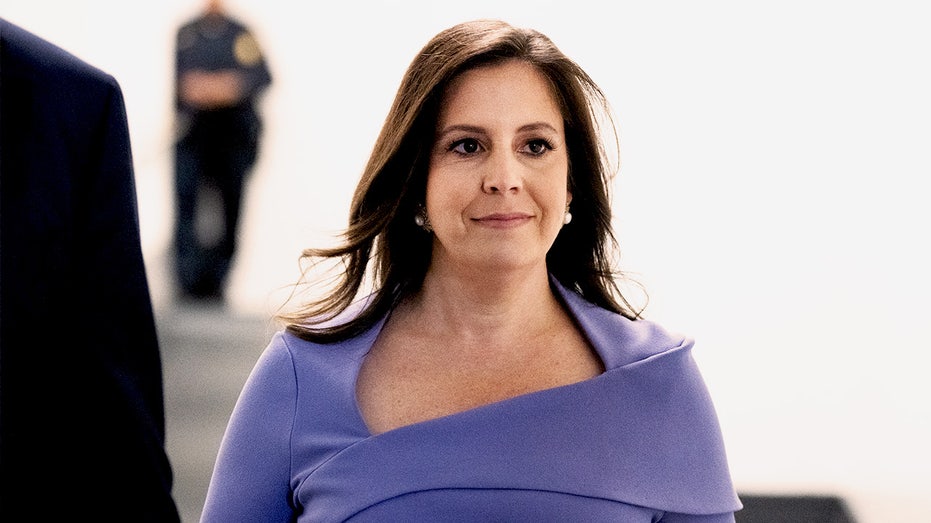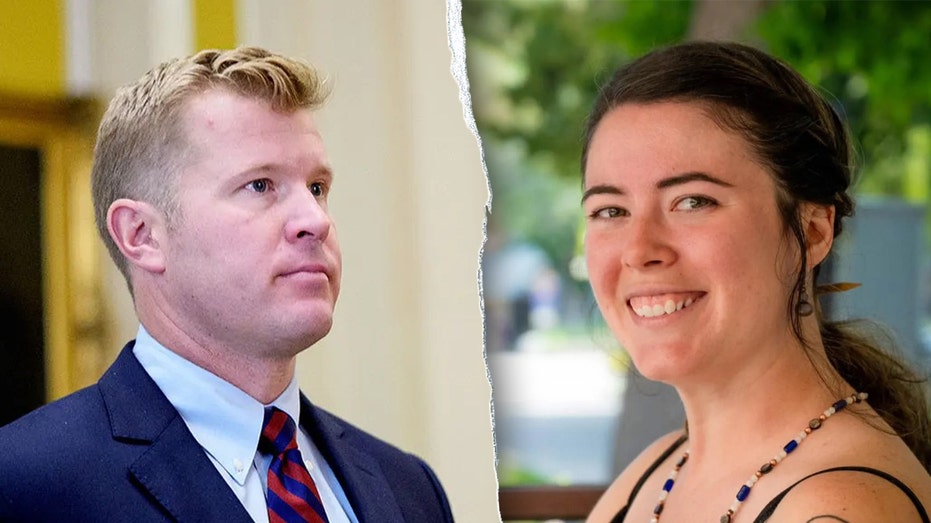A quiet shift is underway in the Middle East, a ripple effect from a series of agreements reshaping long-held animosities. Former President Trump announced a growing wave of nations seeking to normalize relations with Israel, building upon the foundation of the Abraham Accords.
Kazakhstan appears poised to become the latest participant, joining the United Arab Emirates, Bahrain, and Morocco in formally recognizing the Jewish state. The announcement followed direct conversations between the former President, Israeli Prime Minister Benjamin Netanyahu, and Kazakhstan’s President Kassym-Jomart Tokayev.
The initial Abraham Accords, signed in 2020, represented a bold attempt to forge connections between Israel and its Arab neighbors, a move once considered improbable. Now, the possibility of further breakthroughs seems within reach, fueled by a desire for regional stability and economic opportunity.
Whispers of even more significant potential additions to the Accords are circulating, with Saudi Arabia frequently mentioned as a key target for expansion. The inclusion of Saudi Arabia would represent a monumental shift in the geopolitical landscape of the region.
Intriguingly, Syria has also been suggested as a possible future partner, with reports indicating a potential meeting between Syria’s interim President Ahmed al-Sharaa and the former President. Saudi Crown Prince Mohammed bin-Salman was also reportedly scheduled for discussions.
While Sudan initially signed a declaration in early 2021, internal political turmoil has stalled those efforts. The path forward remains uncertain, but the momentum generated by the Abraham Accords continues to resonate.
The former President expressed optimism about the future, hinting at an upcoming ceremony to formalize Kazakhstan’s participation and suggesting a growing list of nations eager to join this “club of STRENGTH.” The vision, as presented, is one of unified nations striving for lasting peace and prosperity.






